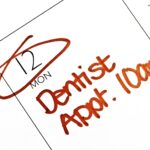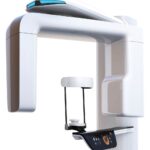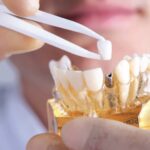
The Value of Same-Day Dental Appointments
May 8, 2025 9:00 amIn this post, learn why same-day dental care matters—and how it can make a big difference when the unexpected hits.

In this post, learn why same-day dental care matters—and how it can make a big difference when the unexpected hits.

In this post, learn why regular dental checkups matter—even when nothing hurts—and how preventive care keeps your smile healthy.

In this post, we explain when a tooth needs a crown after a root canal and when a filling may be enough.

In this post, discover what to expect living with dentures long-term and get tips for comfortable, lasting care.

In this post, learn what to expect during your Invisalign consultation at Vero Dental in Denver, CO.

Don't skip on dental health! Learn why regular cleanings and exams are crucial for maintaining a healthy, bright smile.

While going to the dentist when you’re experiencing discomfort or pain is the right thing to do, you could save yourself time, pain, and money with regular, preventive treatments at the dentist’s office. Read our blog post to find out how to save with preventive dentistry.

CT scans (computed tomography) play a crucial role in the planning and placement of dental implants by providing comprehensive information that is essential for a precise and successful implant procedure. Read our blog post to learn more about the importance of CT scans in the dental implant process.

Embarking on the journey to dental implants is a significant step towards restoring your smile. A key factor in ensuring a successful treatment outcome is the development of a personalized dental implant treatment plan tailored to your unique needs. Read our blog post where we share why this plan is crucial and how it will prepare you for dental implant placement.

Our office offers emergency dental care in Denver, CO. Check out our blog post to learn what you can expect at your emergency dental visit.